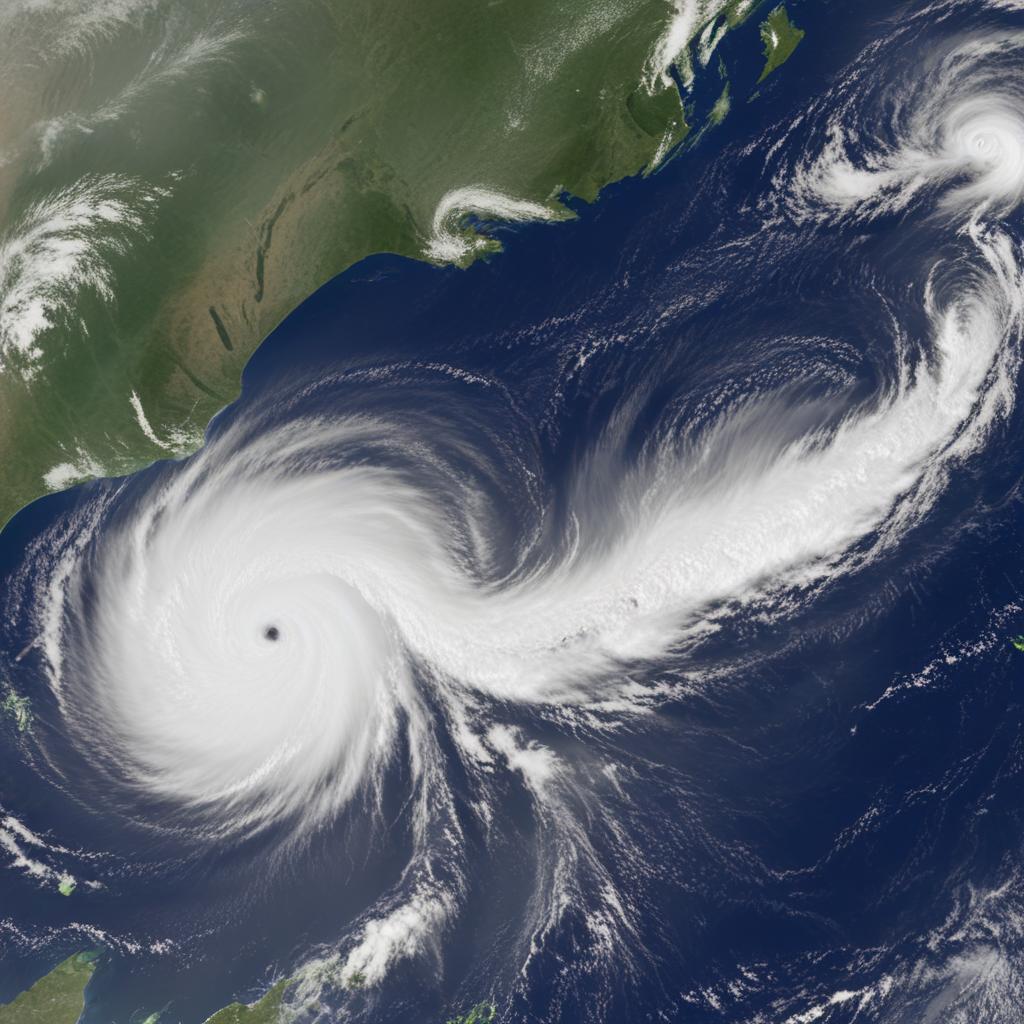Hurricane Erick rapidly intensifies, becoming a major threat to Mexico's Pacific coast. Scientists link this to climate change.
Hurricane Erick has rapidly intensified, doubling in strength in less than a day and continuing to grow stronger as it approaches Mexico's southern Pacific coast. This rapid intensification, while not unusual for the region, is becoming more common due to climate change, particularly in the Atlantic. Erick gained 50 mph in just 18 hours, and is expected to be the strongest storm to hit that part of Mexico this early in the season. The Eastern Pacific hurricane season is experiencing higher-than-normal activity, with Erick being the fifth named storm, exceeding the average for this time of year. While Erick's rapid intensification is concerning, it is not comparable to the devastating Hurricane Otis in 2023, due to differences in timing and water temperatures. Erick's ideal atmospheric conditions, including abundant moisture, are contributing to its growth. While a direct link between global warming and Erick's intensification requires further study, scientists have generally linked climate change to more frequent rapid intensification events.



